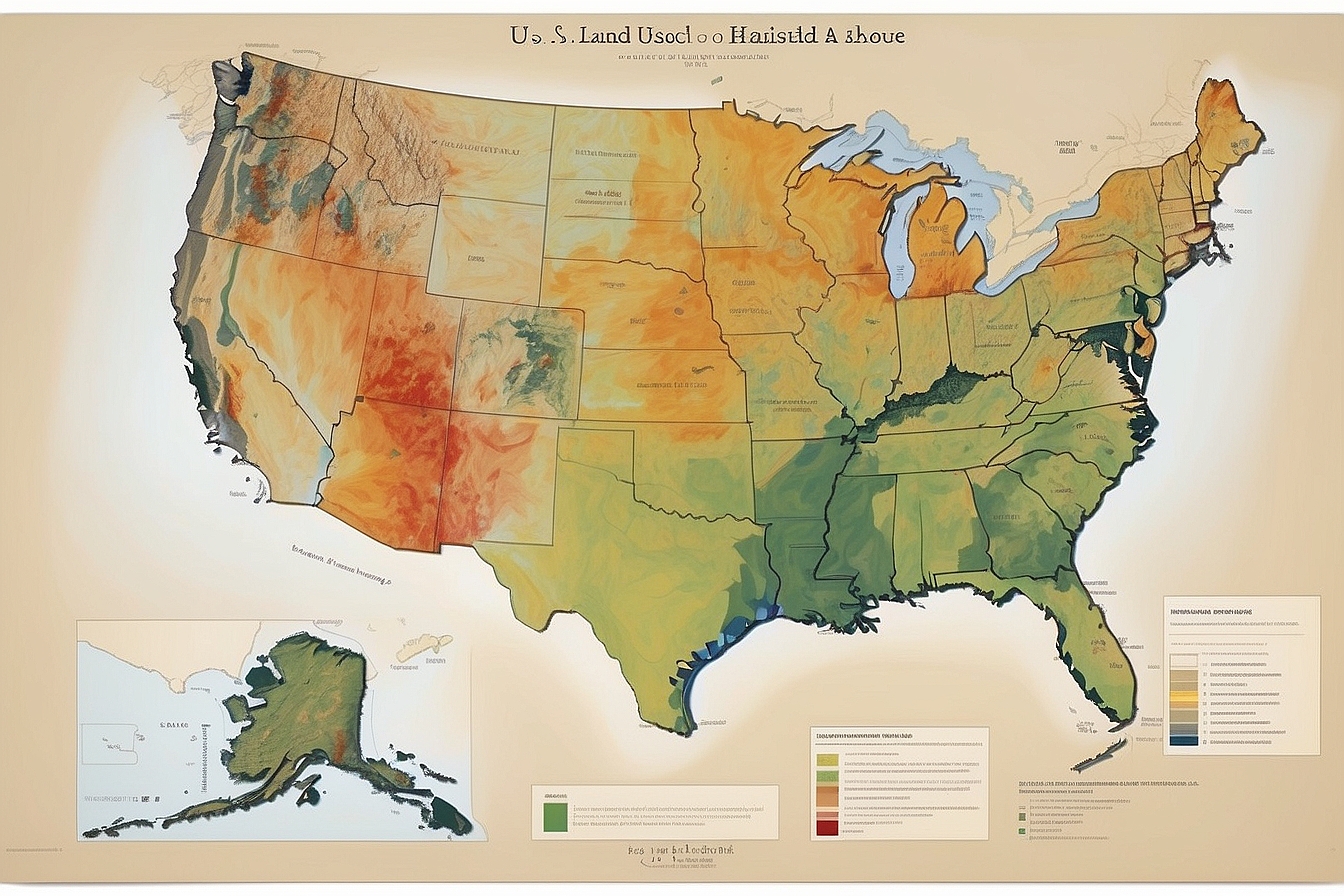Are you concerned about the impact of land grabbing on developing countries? Did you know that large transnational corporations are exploiting rural communities for their own gain? We’ve done extensive research and found out how land grabbing is akin to a new form of colonialism. In this article, we will delve into the issue of land grabbing, its effects on local communities, and efforts towards achieving land justice. Join us as we explore the question: Is land grabbing the new colonialism?
Key Takeaways
- Big companies and governments are taking over large areas of land in poorer countries, often without the permission of local people, much like colonial powers did in the past. This is called land grabbing.
- When this happens, it can mean that farmers lose their homes and fields, making it harder for them to grow food and make a living. It can also damage the environment.
- People around the world are trying to stop land grabbing by fighting for laws that protect local communities’ rights to their own land.
- Some countries where this is a problem include Ethiopia with its farmlands, Indonesia’s rainforests affected by palm oil plantations, mining areas in Ghana, Brazil’s biofuel lands leading to deforestation, and Cambodia where families lose homes for new developments.
- Grassroots groups and organisations are helping people stand up against powerful interests who want their land. They’re pushing for changes so that deals about land are fairer and more open.
Land grabbing defined
Land grabbing occurs when large businesses or governments take over massive chunks of land, often in developing countries. They might promise economic advancement but remove local farmers and exploit natural resources without the consent of those who live there.
We see vast tracts of fertile land snatched up, leaving rural communities struggling to sustain their livelihoods. This creates a new form of economic colonialism where transnational corporations hold power over the very soil that feeds nations.
We think about how these actions not only disrupt agriculture but also bring environmental harm and social injustice. It’s our responsibility to stand against such exploitation and support fair land rights for all.
With this knowledge, let’s explore the history that has paved the way for modern-day land grabbing – a tale woven through centuries that sheds light on its impact today.
Overview of the issue
We see businesses from wealthy nations targeting fertile lands in the Third World, often displacing local farmers and exploiting natural resources. This global land rush mirrors a new form of economic exploitation that echoes the dark times of colonialism.
Yet now, it comes cloaked as agricultural investment or development projects.
Our communities grapple with this surge in corporate land grabs, observing how these large-scale acquisitions impact not only our environment but also deepen global inequality. We witness farm workers losing their ancestral grounds to corporate greed while fragile ecosystems are sacrificed for profit.
It’s clear that such actions betray basic principles of business ethics and conservation we hold dear.
The New Colonialism
With a history rooted in colonialism and the exploitation of natural resources, land grabbing has evolved into a modern form of neocolonialism that continues to impact developing countries.
To learn more about the parallels between land grabbing and colonialism, keep reading!
History of land grabbing
Land grabbing has a long history, dating back to the era of European colonialism. During this time, powerful nations seized vast territories in Africa, Asia, and the Americas to exploit their resources for economic gain.
The consequences were devastating for indigenous communities as they were forcibly displaced from their ancestral lands. Fast forward to today, land grabbing continues under the guise of development and investment.
It often involves large-scale acquisitions of land in third-world countries by foreign governments or multinational corporations seeking to profit from natural resources such as minerals, timber, and agricultural products.
This practice perpetuates neocolonialism by exploiting vulnerable communities and contributing to environmental degradation. Moreover, it exacerbates poverty and food insecurity in these regions while benefiting distant stakeholders.
Impact on developing countries
Developing countries are disproportionately affected by land grabbing, with local communities often losing access to vital resources and traditional livelihoods. The large-scale acquisition of land for commercial purposes can lead to displacement, food insecurity, and environmental degradation in these regions.
This exploitation of natural resources further exacerbates poverty and inequality, hindering the sustainable development goals of these nations. As third world countries struggle to assert their rights against powerful corporations and foreign investors, efforts towards achieving land justice become increasingly crucial in addressing this modern-day form of colonialism.
Resource grabbing through land acquisition perpetuates a cycle of exploitation that hinders the socio-economic progress of developing nations. Land exploitation affects not only the environment but also the social fabric and economic potential of these communities, emphasising the urgent need for global awareness and action on this pressing issue.
Comparison to colonialism
Land grabbing shares similarities with colonialism in its exploitation of resources and local communities, echoing historical power imbalances. Both involve the control and extraction of land and resources by outside forces, often to the detriment of indigenous people.
The effects are multifaceted – from economic inequality to environmental degradation. Largescale land acquisitions perpetuate a cycle reminiscent of colonial-era resource exploitation, instigating social and environmental injustices that demand attention.
The comparison underscores the urgency for land justice initiatives that address these parallels head-on, seeking to rectify historical wrongs while preventing further exploitation.
Understanding this connection is crucial in mobilising support for sustainable conservation efforts that empower local communities and protect vital ecosystems.
The Current Situation
Examples of land grabbing include large multinational corporations acquiring vast tracts of land in developing countries for commercial farming, leading to displacement and loss of livelihoods for local communities.
Efforts towards land justice have been made through grassroots movements, advocacy groups, and policy reforms to address the impacts of land grabbing on vulnerable populations.
Examples of land grabbing
Land grabbing occurs when powerful entities acquire large areas of land in developing countries for resource exploitation, often at the expense of local communities and the environment.
- In Ethiopia, foreign investors secured fertile land, leading to the displacement of small – scale farmers and food insecurity.
- In Indonesia, palm oil plantations have encroached upon rainforests, threatening biodiversity and indigenous communities.
- Large – scale mining operations in Ghana have disrupted livelihoods and polluted water sources, impacting local populations.
- The allocation of land for biofuel production in Brazil has resulted in deforestation and loss of habitat for wildlife.
- In Cambodia, speculators have evicted families from their homes to make way for luxury developments, causing social upheaval.
Effects on local communities
Local communities are profoundly affected by land grabbing, with their access to natural resources diminished. This can lead to food insecurity and loss of livelihoods, as traditional farming and fishing grounds are taken over by large corporations for commercial purposes.
Additionally, displacement of indigenous people further exacerbates these issues, disrupting centuries-old cultural practices and social structures.
Communities face increased poverty and inequality due to the loss of control over their land and resources. The environmental impact also affects local residents, leading to water pollution and deforestation that endanger their health and well-being.
Efforts towards land justice
Communities and organisations are advocating for land justice through legal battles and policy changes. Grassroots movements, international NGOs, and local activists are working to protect the rights of people affected by land grabbing.
They aim to empower communities to defend their lands against exploitative practices.
Governments in affected regions have also started enacting laws that promote transparency in land deals and protect the rights of local inhabitants. These efforts play a crucial role in raising awareness about the issue while striving to create a fairer system for those impacted by land grabbing.
Conclusion
In conclusion, land grabbing poses a significant threat to the rights and livelihoods of people in developing countries. Local communities face displacement and loss of access to essential resources.
Efforts must be made towards securing land justice for affected populations. It is crucial to raise awareness and support initiatives that work towards combatting this modern form of colonialism.
FAQs
1. What does “land grabbing” mean?
Land grabbing is the controversial practice where large areas of land are bought or leased by domestic and international investors, often in developing countries.
2. Why do some people call land grabbing the new colonialism?
Some label land grabbing as the new colonialism because it can result in local communities losing access to their lands, similar to past colonial times when powerful nations took control of territories overseas.
3. Who is affected by land grabbing?
Local farmers and indigenous peoples typically get affected by land grabbing as they may lose their ancestral homes and farming grounds without fair compensation or alternative options for livelihood.
4. Can something be done to stop unfair land grabs?
Yes, governments and international organisations are working on policies to ensure that any use of large tracts of land is fair, sustainable, and respects the rights of local inhabitants.





